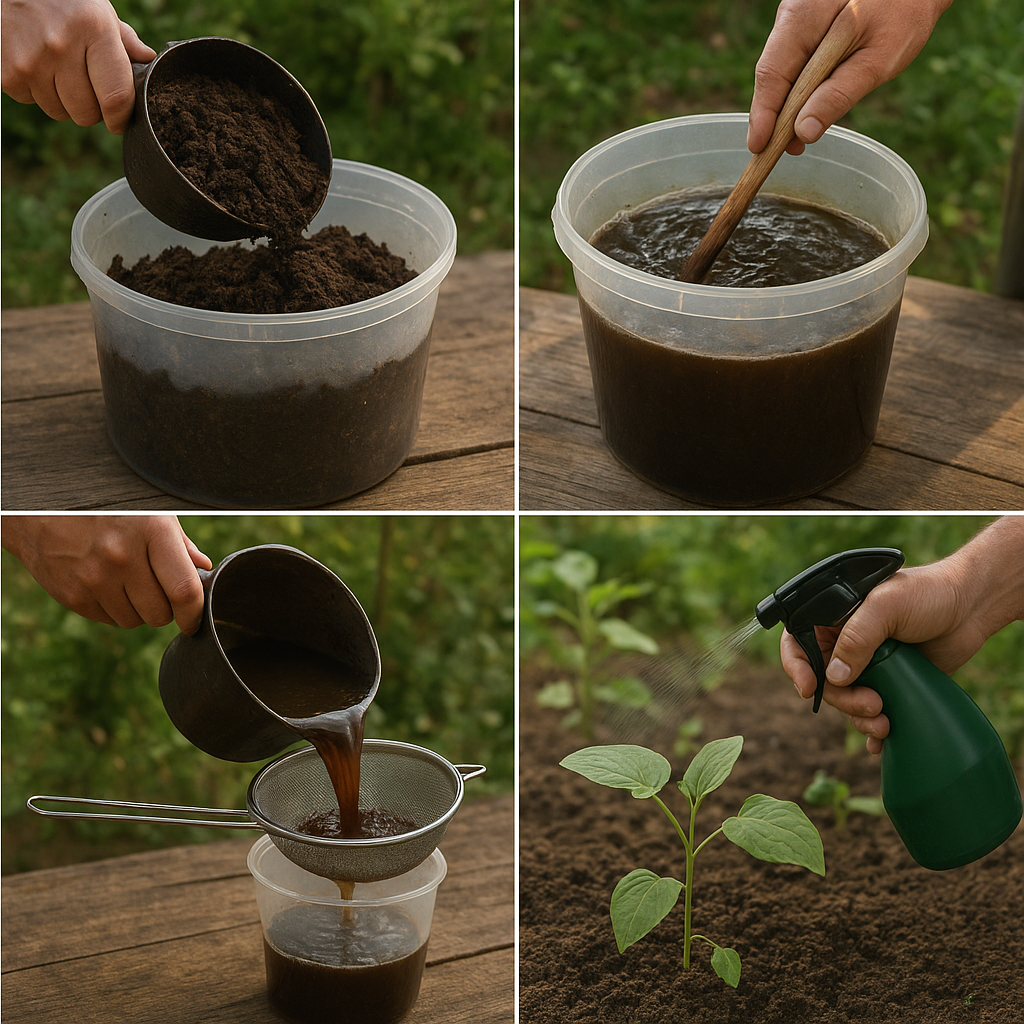
Reducing fuel consumption on your farm is not only beneficial for the environment but also for your bottom line. With rising fuel costs and increasing awareness of environmental impacts, farmers are seeking ways to optimize their operations and reduce their reliance on fossil fuels. This article explores various strategies and technologies that can help farmers achieve more efficient fuel use, ultimately leading to cost savings and a smaller carbon footprint.
Understanding Fuel Consumption in Agriculture
Fuel consumption in agriculture is a significant operational cost, with tractors, combines, and other machinery consuming large amounts of diesel and gasoline. Understanding the factors that contribute to fuel usage is the first step in identifying areas for improvement. Key factors include the type of machinery used, the efficiency of the equipment, the terrain of the farm, and the specific agricultural practices employed.
Modern agricultural machinery is designed to be more fuel-efficient than older models, but even the most advanced equipment can benefit from proper maintenance and operation. Regular servicing, including checking tire pressure, changing filters, and ensuring engines are running smoothly, can significantly reduce fuel consumption. Additionally, the way machinery is operated, such as avoiding unnecessary idling and using the correct gear, can also impact fuel efficiency.
Implementing Precision Agriculture
Precision agriculture is a farming management concept that uses technology to monitor and optimize field-level management regarding crop farming. By utilizing GPS technology, sensors, and data analytics, farmers can make more informed decisions that lead to more efficient use of resources, including fuel.
One of the primary benefits of precision agriculture is the ability to apply inputs such as fertilizers, pesticides, and water more precisely, reducing the need for multiple passes over the field. This not only saves fuel but also reduces wear and tear on machinery. Additionally, precision agriculture can help in planning the most efficient routes for field operations, further minimizing fuel consumption.
Adopting No-Till and Reduced-Till Practices
No-till and reduced-till farming practices are gaining popularity as methods to conserve soil and reduce fuel consumption. Traditional tilling requires multiple passes over the field, which can be fuel-intensive. By minimizing or eliminating tillage, farmers can significantly cut down on the amount of fuel used.
No-till farming involves planting crops directly into the residue of previous crops without tilling the soil. This practice not only saves fuel but also improves soil health by maintaining organic matter and reducing erosion. Reduced-till practices, while not as extreme as no-till, still involve fewer passes over the field compared to conventional tilling, leading to fuel savings.
Investing in Energy-Efficient Equipment
Investing in energy-efficient equipment is another effective strategy for reducing fuel consumption on the farm. Newer models of tractors and combines are designed with fuel efficiency in mind, incorporating advanced engine technologies and aerodynamic designs that reduce fuel use.
When purchasing new equipment, farmers should consider the fuel efficiency ratings and look for models that offer features such as automatic engine shut-off, which prevents unnecessary idling, and variable transmission systems that optimize engine performance. While the initial investment may be higher, the long-term savings in fuel costs can make it a worthwhile expenditure.
Exploring Alternative Fuels
Exploring alternative fuels is an innovative approach to reducing reliance on traditional fossil fuels. Biodiesel, ethanol, and other renewable energy sources are becoming more accessible and can be used in many types of agricultural machinery.
Biodiesel, made from vegetable oils or animal fats, can be used in diesel engines with little or no modification. It burns cleaner than traditional diesel, reducing emissions and potentially extending engine life. Ethanol, often blended with gasoline, is another option that can reduce the carbon footprint of farm operations. Farmers interested in alternative fuels should research availability and compatibility with their existing equipment.
Conclusion
Reducing fuel consumption on your farm is a multifaceted approach that involves understanding current usage, implementing new technologies, and adopting sustainable practices. By focusing on precision agriculture, no-till farming, energy-efficient equipment, and alternative fuels, farmers can achieve significant fuel savings. These strategies not only help in reducing operational costs but also contribute to a more sustainable and environmentally friendly agricultural industry.

